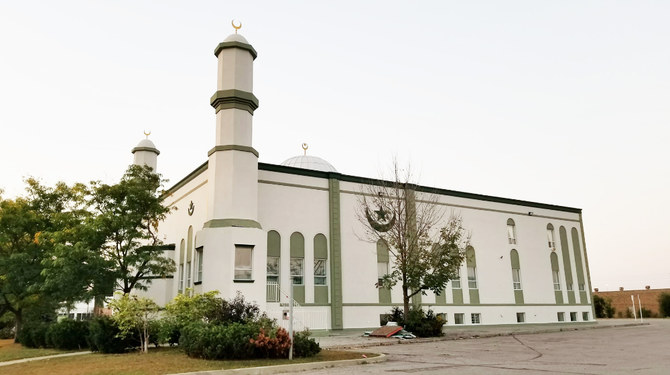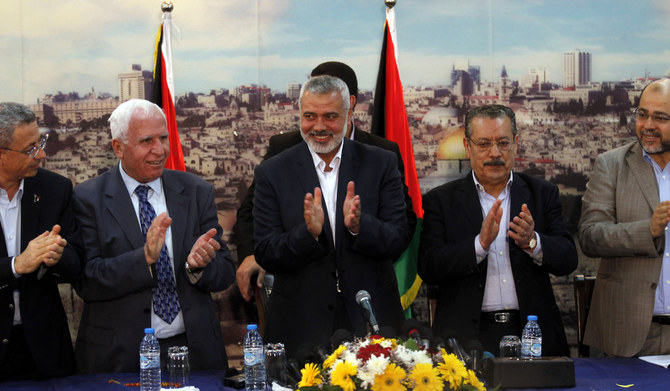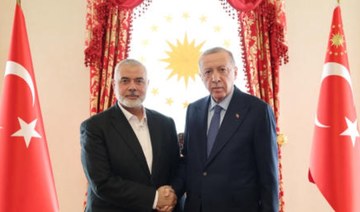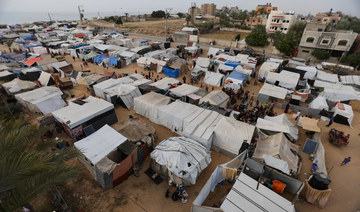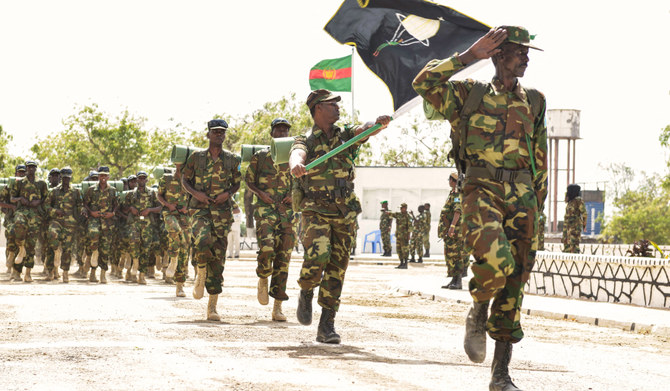DUBAI: Social-distancing measures during the global pandemic have caused mosques to close and public gatherings to be banned around the world. As a result, Muslims have had to adjust and adapt to a new reality — one without congregational prayers.
However, some municipalities in the Ontario province of Canada have started allowing mosques to broadcast the call to prayer, or adhan, at sunset, which during Ramadan marks the end of the day’s fast.
In a ground-breaking acknowledgment of multiculturalism and religious tolerance, Ontario’s Mississauga City Council passed a resolution on April 29 suspending its noise control by-law, thereby allowing mosques to sound the Maghrib (sunset) adhan. The resolution stated that the temporary suspension will remain in effect throughout Ramadan, that the prayer call can be broadcast once a day in the evening for a maximum of five minutes, and that it must not call people to gather together to pray.
In the past week, cities such as Toronto, Hamilton, Windsor, Brampton, Ottawa and Edmonton have followed suit with similar rulings, and Dar Al-Hijrah mosque in the US city of Minneapolis has also obtained a permit to broadcast the call to prayer.
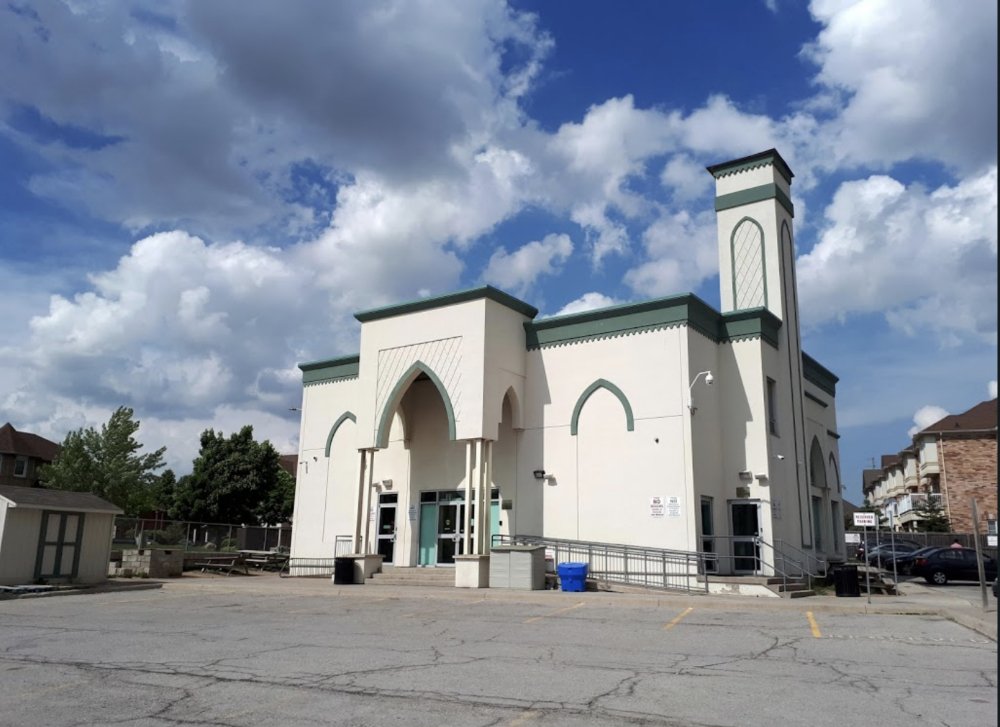
Masjid Al-Farooq in Mississauga City. (Supplied photo)
The melodious Arabic adhan usually takes only two to three minutes to recite, but the decision by Mississauga city council has incited a fervent backlash from some Canadians who claim that its broadcast is an infringement of their rights and brings religion into the public sphere.
Some suggest the sound of the adhan could trigger post-traumatic stress disorder in Canadian soldiers who served in the Middle East. Others label the decision unconstitutional and an appeasement of radicalism, even going so far as to call for a legal challenge. There has been no official statement on the issue by Prime Minister Justin Trudeau.
Hassan Ahmed, a former resident of Riyadh who now lives in Mississauga, and usually attends the Al-Falah and Muslim Neighbour Nexis mosques, believes the sounding of the call to prayer should not bother his fellow Canadians too much.
“The church bells that are heard on Sundays don’t infringe on my rights as a Muslim, and the call to prayer, which is temporary, just for one month because of these extreme circumstances, doesn’t infringe on anyone’s rights — it won’t really impact anyone’s day to day,” he said.
“There’s a sense of belonging and community that the mosque gives. With physical and social distancing measures in place Muslims can’t get that, so this is just a small step toward filling that void.”

The Islamic Society of North America in Mississauga. (Supplied photo)
Kanwal Saya, who has lived in Riyadh and Dubai and now resides in the city of Oakville, Ontario usually worships at the Islamic Society of North America in Mississauga. She explained that during Ramadan, Muslims gather at the mosque not only for prayers, but for classes, discussions, iftars and activities for children.
“It’s the overall feeling of belonging and rising spiritually, and it’s especially important for children to develop and learn about our religion,” she said. “In the current circumstances, as we are not able to visit mosques, a call to prayer can certainly help revive the spirit of the holy month.”
Canada enjoys an international reputation as a welcoming and accepting place for refugees and minorities, and the province of Ontario is especially diverse; according to the 2016 census, more than a quarter of its residents are from minorities.
Some fear the backlash to the call to prayer ruling is a sign that Islamophobic sentiment might be ignited at a time where the pandemic has already caused great instability and unrest. But Saya and Ahmed are confident that those protesting the decision represent only a tiny segment of Canadian society.
“Hate groups will always be around to incite this type of prejudice,” said Saya. “Yes, it will bring about heated discussions and online forum wars but will eventually die down. Canadians generally are not too concerned about this.”
Ahmed agreed, adding: “We live in a safe country, our communities are very intertwined and intermingled, and people are very culturally sensitive. So I think that while you might have the odd experience or spike in some of Islamophobic prejudice, as a whole it won’t affect us — at least that’s my hope.”







